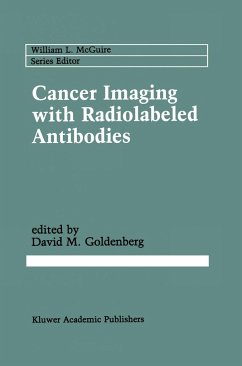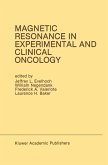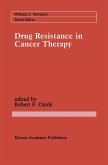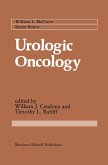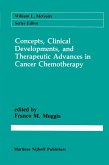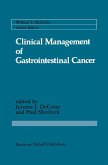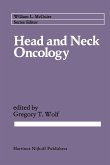Where do you begin to look for a recent, authoritative article on the diagnosis or management of a particular malignancy? The few general oncology text books are generally out of date. Single papers in specialized journals are informative but seldom comprehensive; these are more often preliminary reports on a very limited number of patients. Certain general journals frequently publish good in-depth reviews of cancer topics, and published symposium lectures are often the best overviews available. Unfortunately, these reviews and supplements appear sporadically, and the reader can never be sure when a topic of special interest will be covered. Cancer Treatment and Research is a series of authoritative volumes that aim to meet this need. It is an attempt to establish a critical mass of oncology literature covering virtually all oncology topics, revised frequently to keep the coverage up to date, and easily available on a single library shelf or by a single personal subscription. We have approached the problem in the following fashion: first, by dividing the oncology literature into specific subdivisions such as lung cancer, genitourinary cancer, pediatric oncology, etc.; and second, by asking eminent authorities in each of these areas to edit a volume on the specific topic on an annual or biannual basis. Each topic and tumor type is covered in a volume appearing frequently and predictably, discussing current diagnosis, staging, markers, all forms of treatment modalities, basic biology, and more.
Hinweis: Dieser Artikel kann nur an eine deutsche Lieferadresse ausgeliefert werden.
Hinweis: Dieser Artikel kann nur an eine deutsche Lieferadresse ausgeliefert werden.
` It is recommended for laboratory investigators who seek detailed information on many of the important issues in radioimmunodetection research and for clinical investigators active in this area, who will benefit from comparing a variety of viewpoints on the major problems that still need to be solved.'
Cancer Cells, 3:1, 1991
Cancer Cells, 3:1, 1991
` It is recommended for laboratory investigators who seek detailed information on many of the important issues in radioimmunodetection research and for clinical investigators active in this area, who will benefit from comparing a variety of viewpoints on the major problems that still need to be solved.'
Cancer Cells, 3:1, 1991
Cancer Cells, 3:1, 1991

